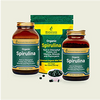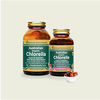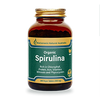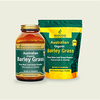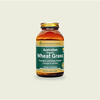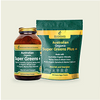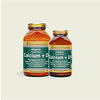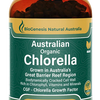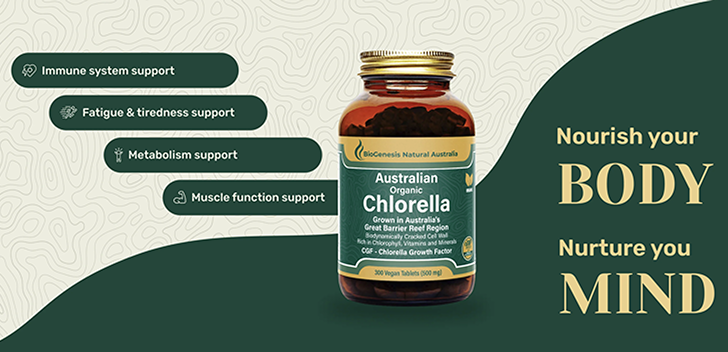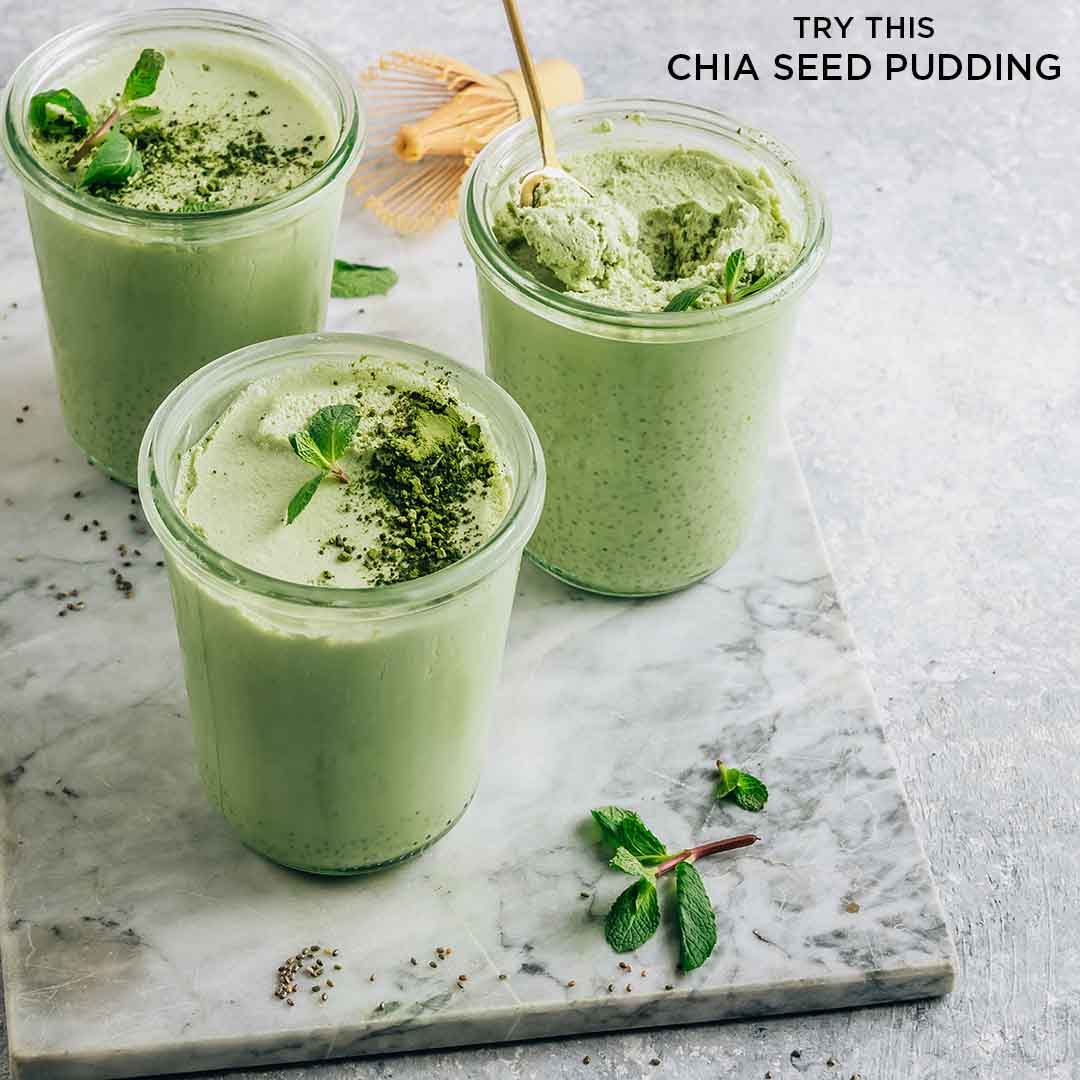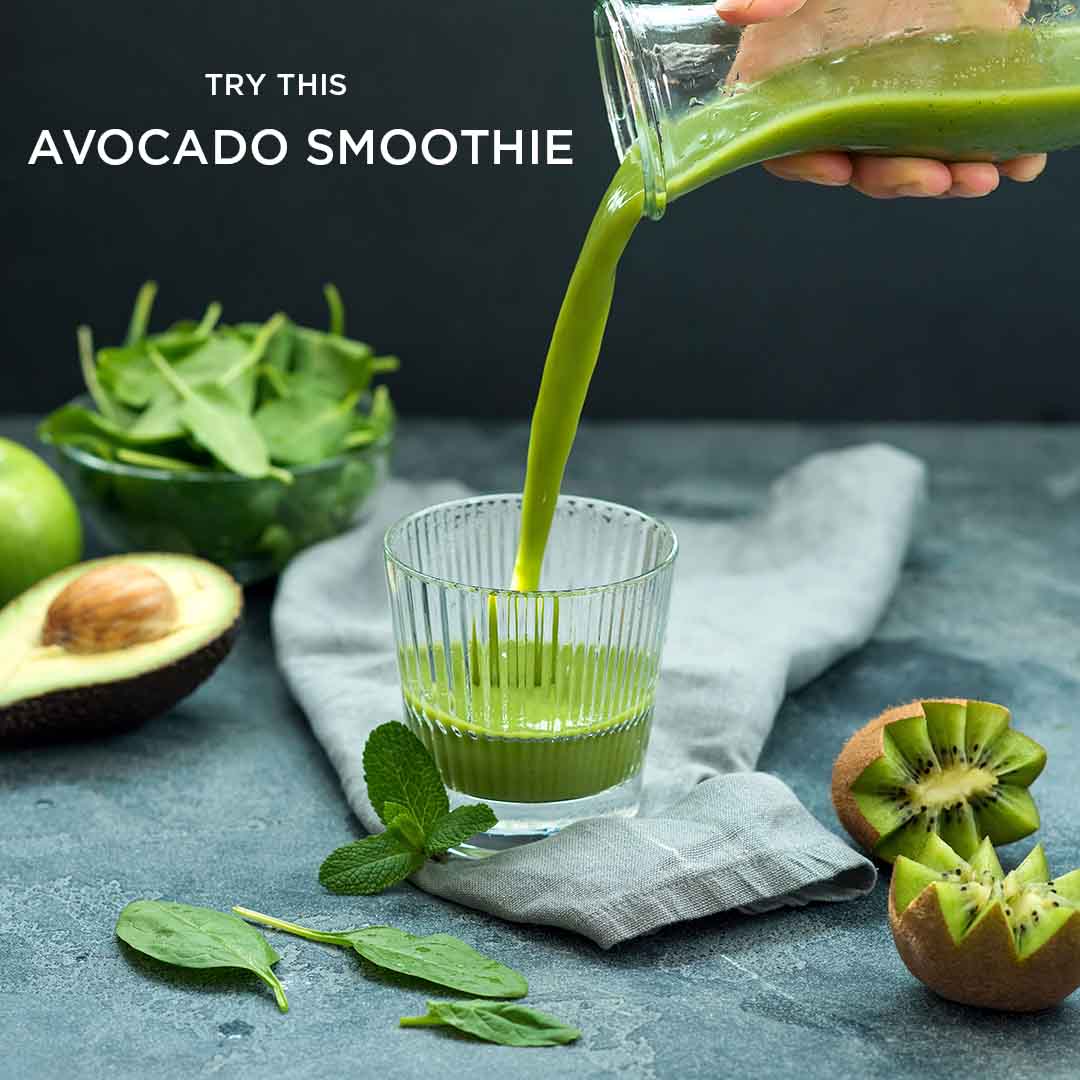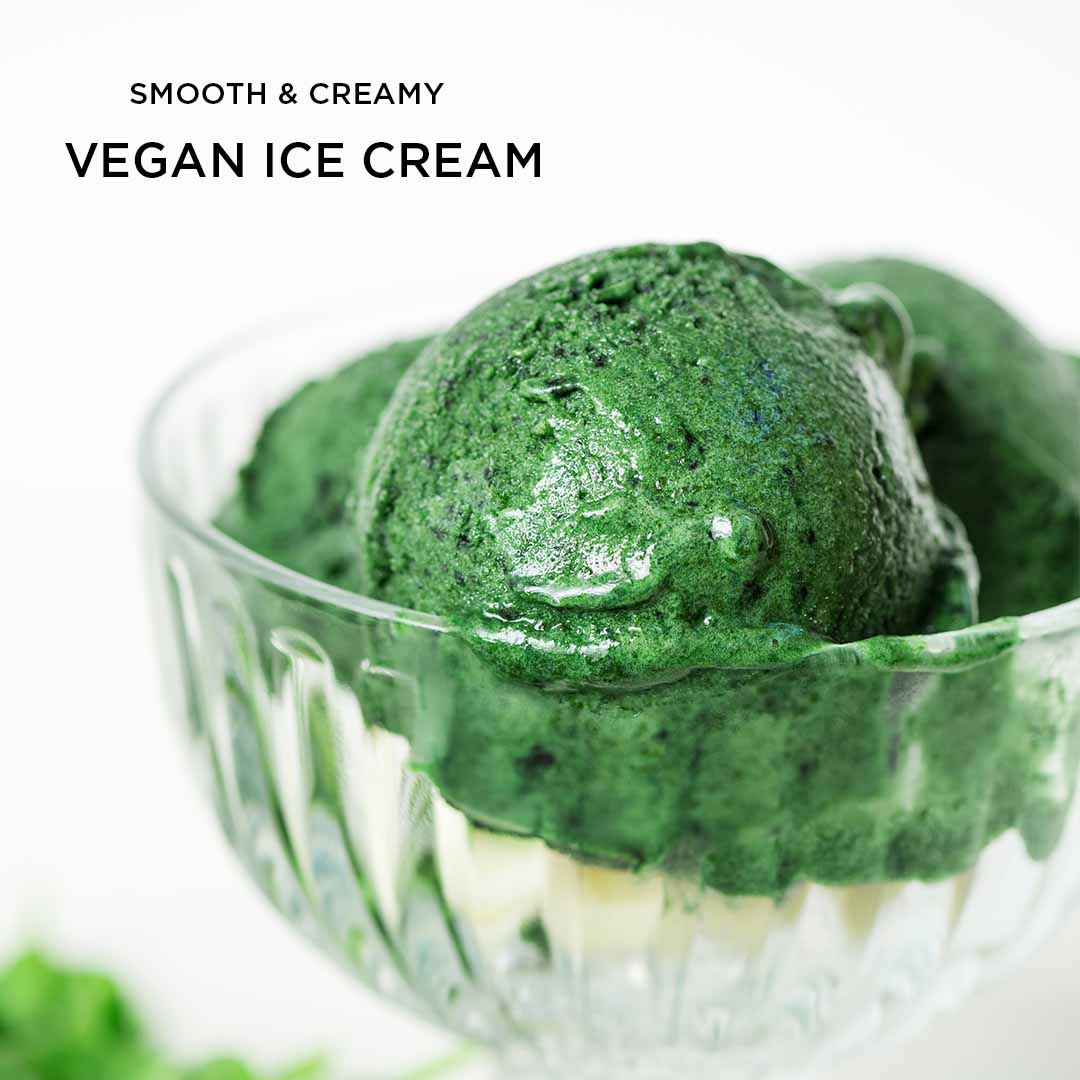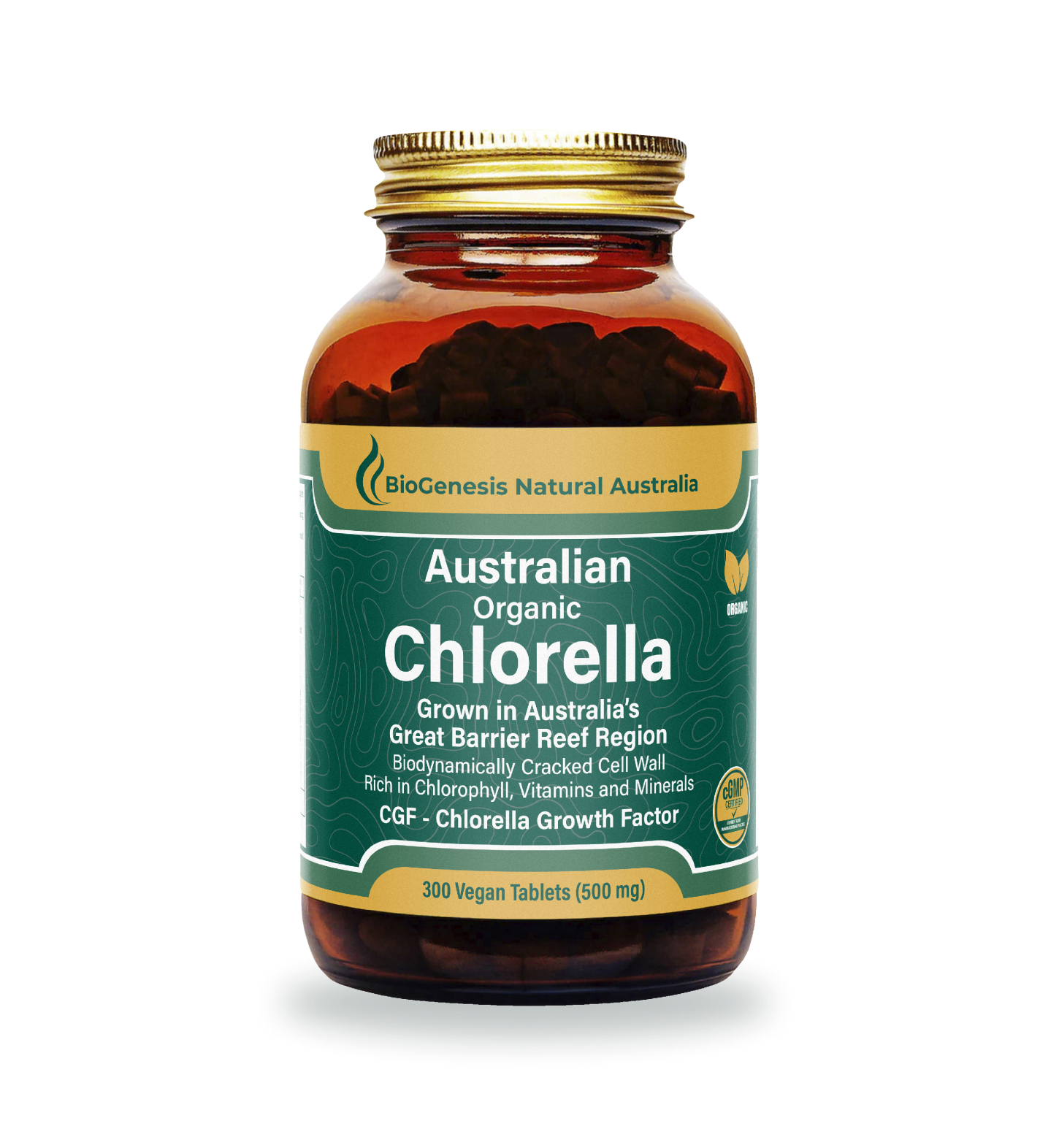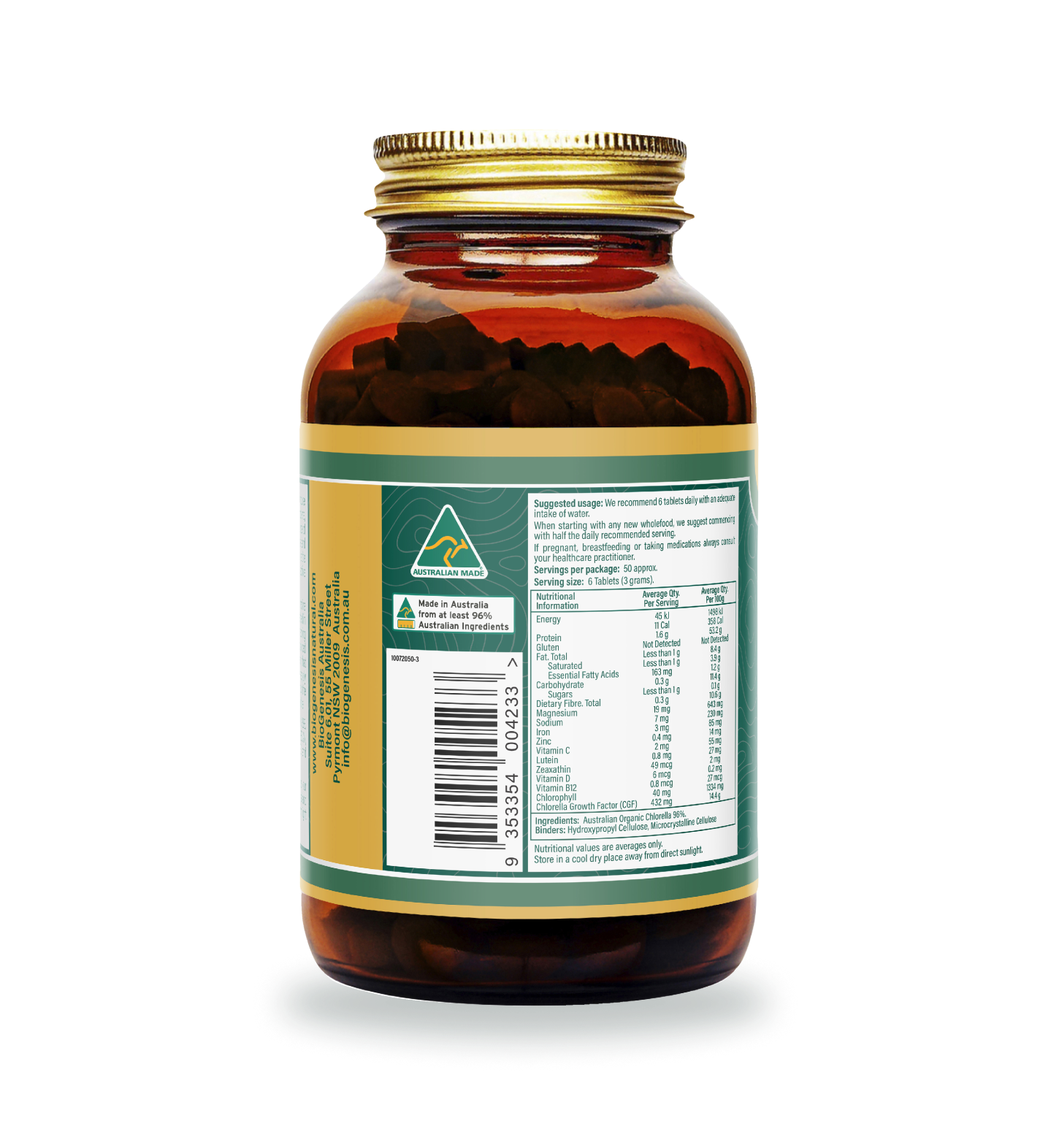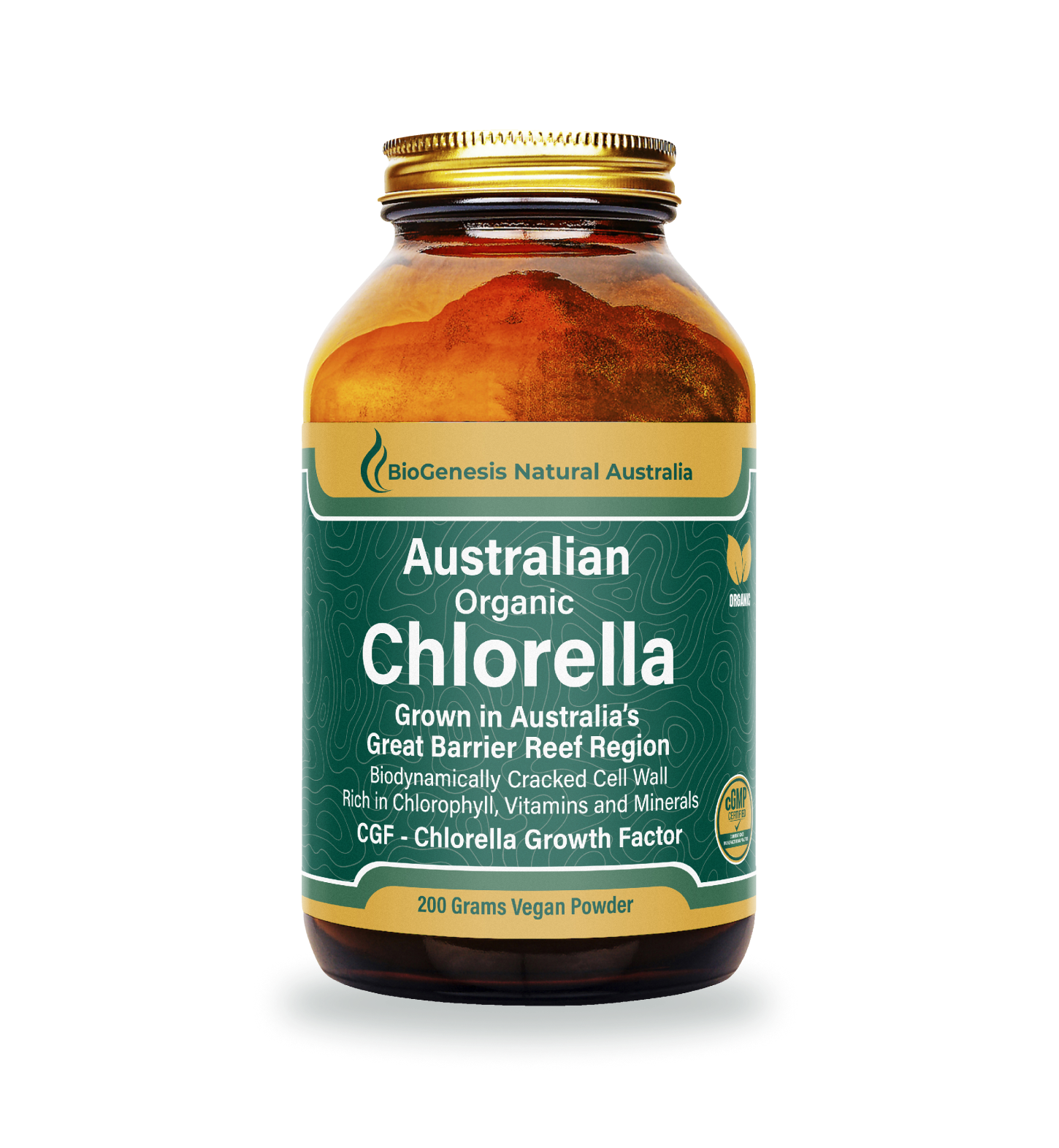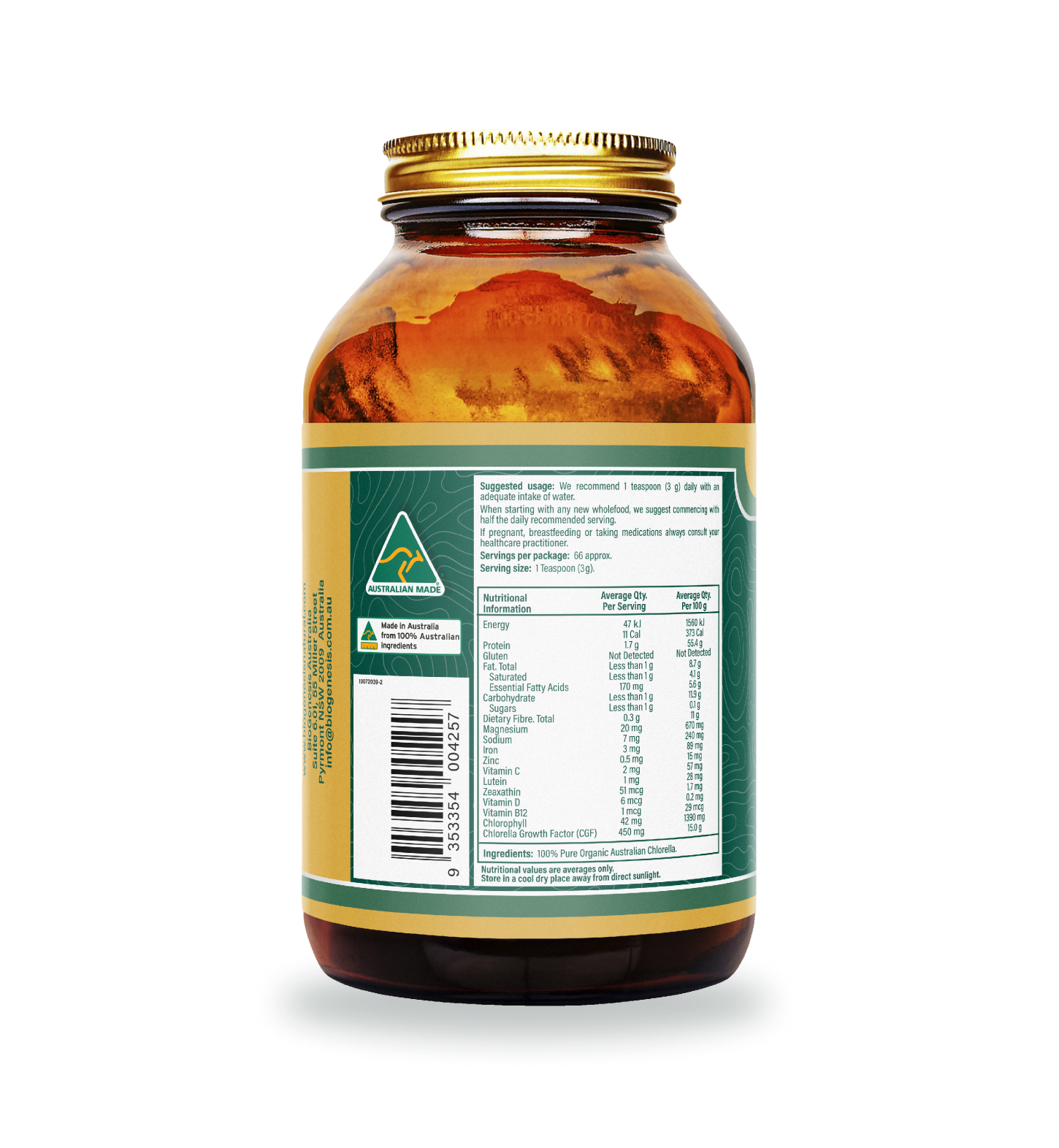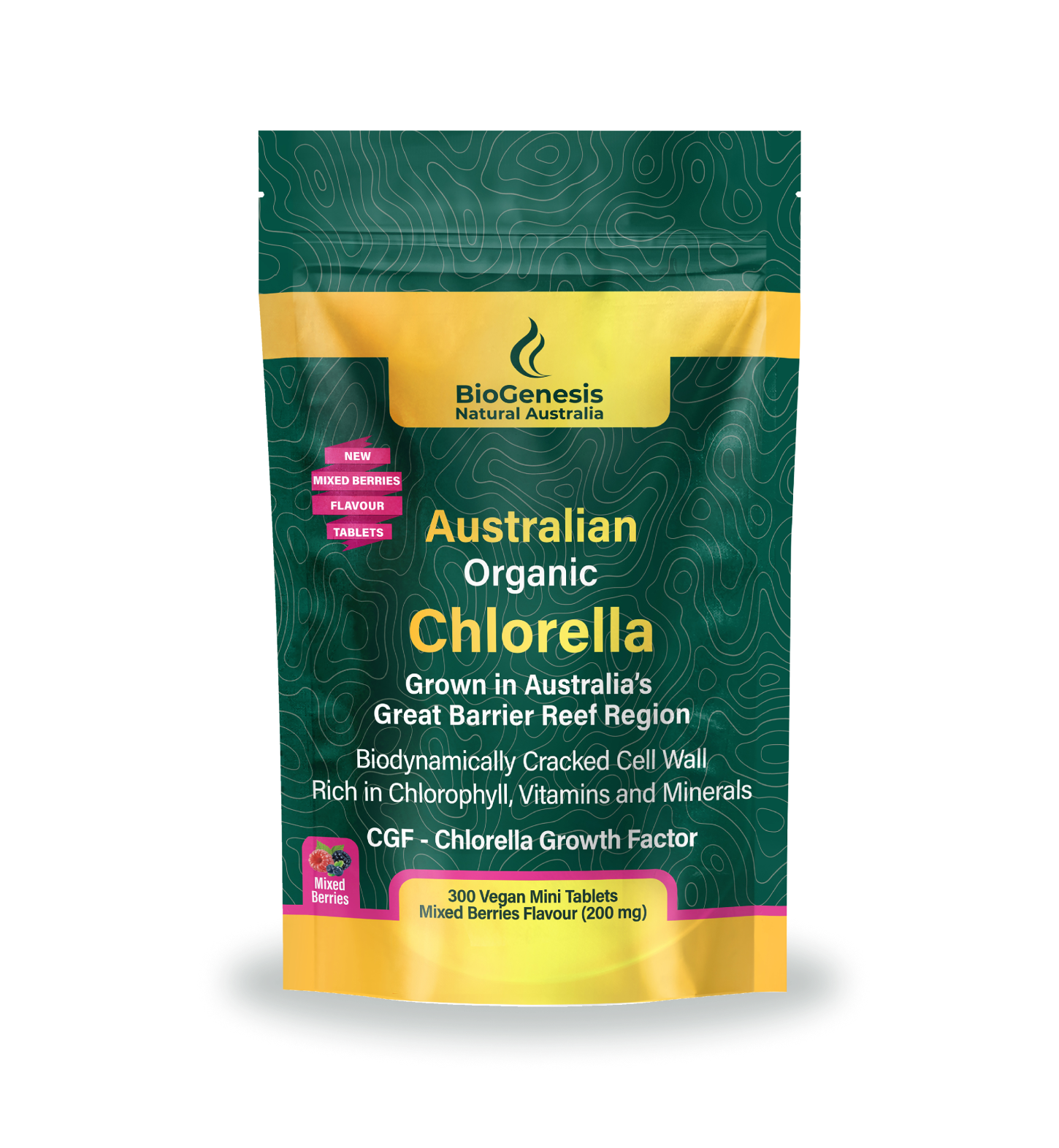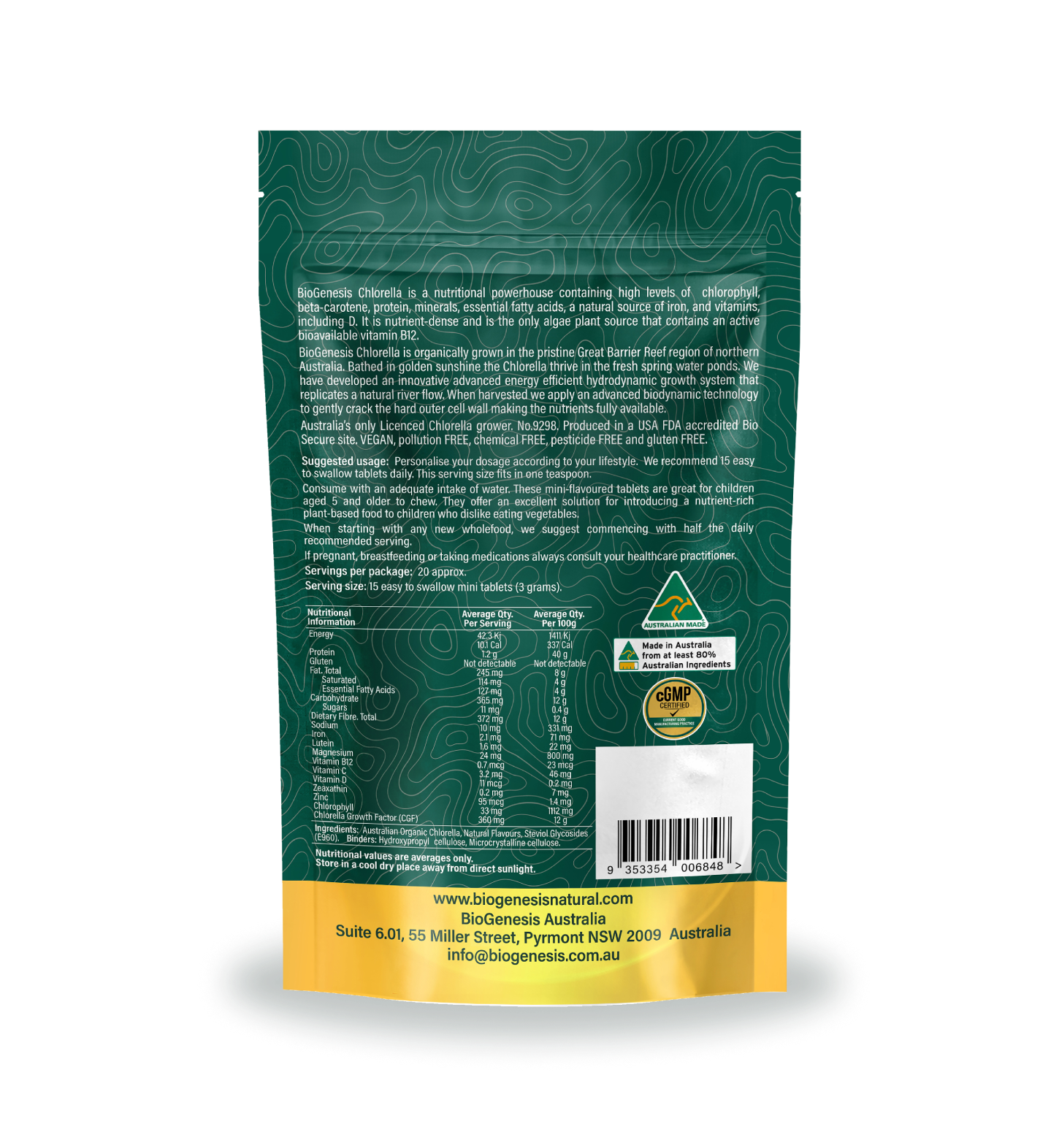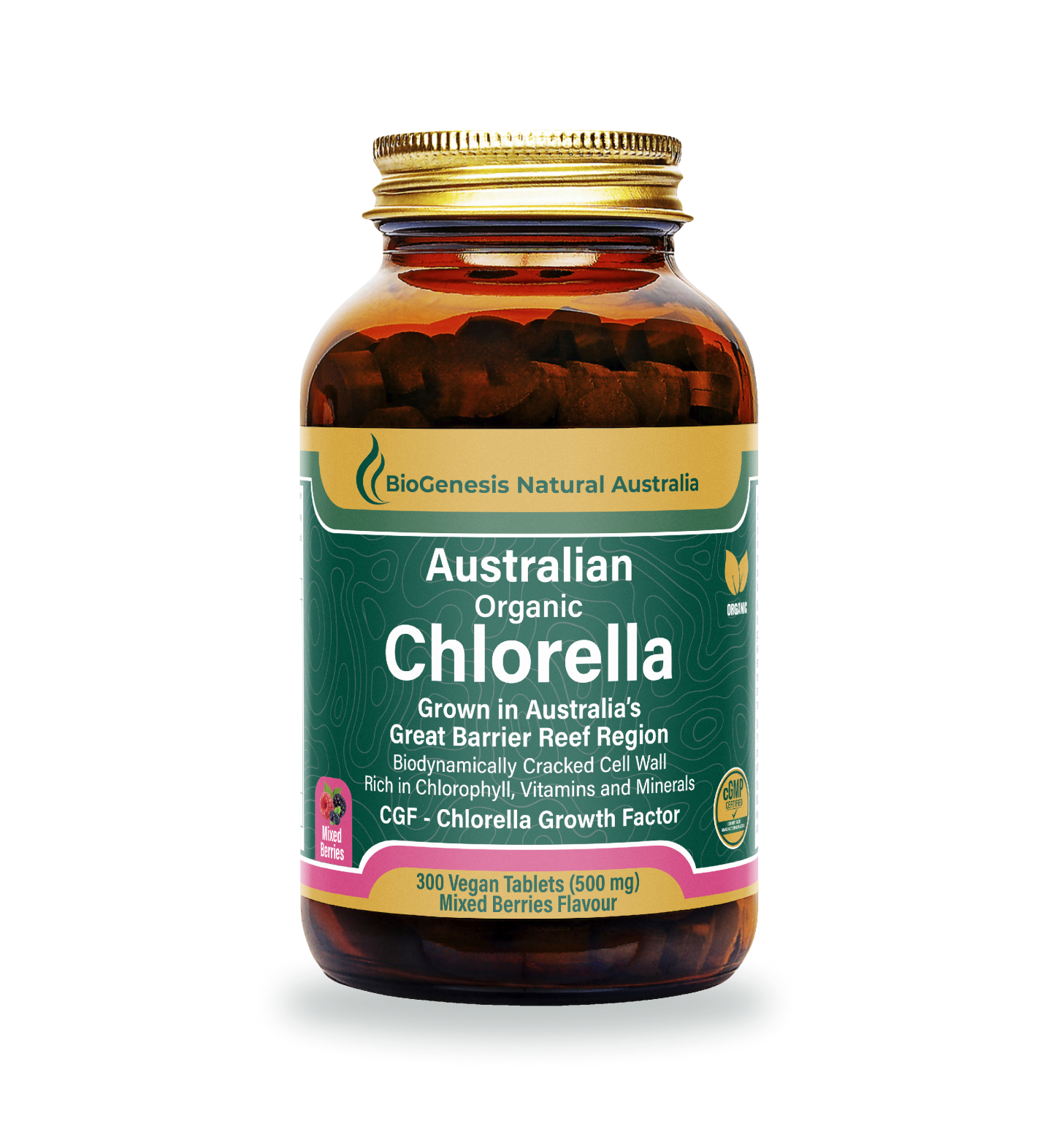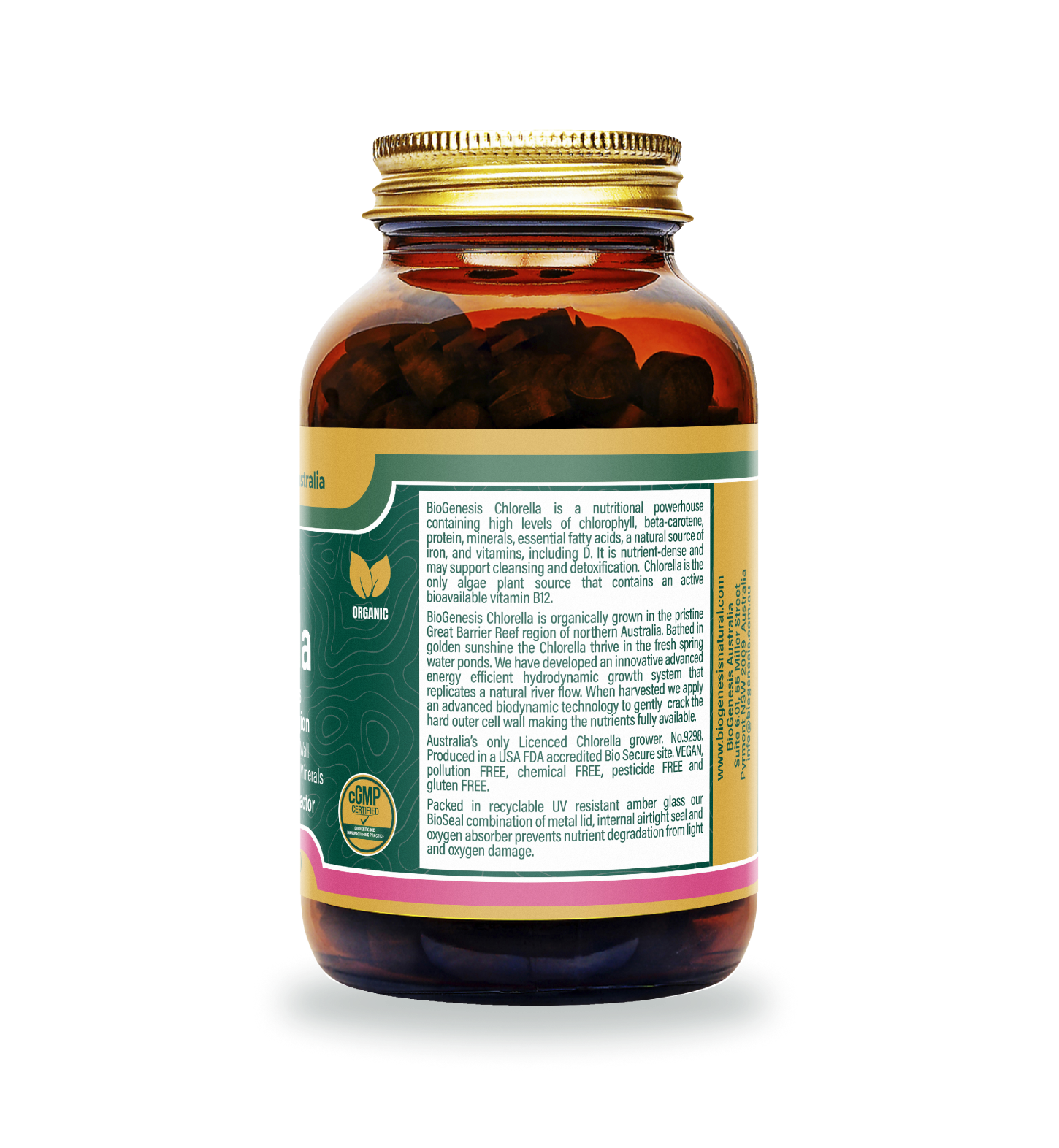Eye health is something that most individuals consider to be genetic, and while it is to some extent, there are also many modifiable lifestyle factors that can greatly affect eye function. One of the main factors is nutrition (Abdel-Aal 20131). Chlorella in particular is a food that can play a role in supporting good eye function and preventing disease (Qi 20182) (Shibata, 2009). Most common problems of the eye are age and inflammation related. Fighting inflammation and providing proper nutrition to delay degenerative effects may then be an effective strategy for preserving eye health (Lawrenson 20193).
While nutrition for eye health is still an evolving field, nutrients that have been shown to be especially important include: vitamins A, B, C, E, beta-carotene, selenium, zinc, omega 3s and even more prominently; the antioxidants lutein, and zeaxanthin (Demmig-Adams 20134). These nutrients work synergistically, and need to be consumed in balance to achieve the best results. Studies have shown that food sources are more bioavailable and effective than synthetic versions (Demmig-Adams 20134). Synthetic supplements have even been shown to have negative effects in some cases due to the unnaturally high dosages of the vitamins and differences in how the body reacts to the man-made molecules (Demmig-Adams 20134).
With these considerations, chlorella has emerged as a remarkably beneficial food for supporting eye health since it contains good amounts of all of the above mentioned nutrients in a naturally occurring and bioavailable form (Bito 20205). Additionally, the interdependent function of the nutrients requires either an expertly composed supplement that offers a balanced variety of nutrition, or an assortment of foods combined to contain adequate amounts of each need. Chlorella is a rare single food source that contains a balance of all of the key nutrients required for eye health, making it an easy solution for natural supplementation.
Some of the most common eye problems include age-related macular degeneration, cataracts, and glaucoma. These conditions are all related to oxidative stress since the eye which eyes are particularly vulnerable to in comparison to areas of the body (Lawrenson 20193). Eyes contain a high concentration of polyunsaturated fatty acids which are susceptible to forming reactive oxygen species when exposed to visible light (Sacca 20186). This is primarily why good eye health requires an array of various antioxidant nutrients: to combat oxidative stress. Carotenoids like zeaxanthin, lutein, and vitamin A are one type of antioxidant that are especially helpful (Abdel-Aal 20131) (Serra, 2021). Different carotenoids serve different functions, which may explain the need for a balanced diversity of antioxidants (Demmig-Adams 20134)).
While direct studies examining chlorella's effects on eye health are still evolving, there is ample evidence to support its use within the context of preventative eye care. (Bernstein, 2008)
References
-
Bone, R. A., Landrum, J. T., & Cao, Y. (2013). Macular pigment response to a supplement containing meso-zeaxanthin, lutein and zeaxanthin. Nutrition & Metabolism, 10, 42. https://doi.org/10.1186/1743-7075-10-42
-
Katsuura, S., Imamura, T., Bando, N., & Yamanishi, R. (2009). Effects of luteinizing hormone on lutein and zeaxanthin accumulation in the human retina. Food Science and Technology Research, 15(4), 449-455. https://doi.org/10.3136/fstr.15.449
-
Liu, Y., Hu, X., Wu, Q., & Sun, L. (2018). Lutein and zeaxanthin supplementation and its molecular mechanism in age-related macular degeneration. Journal of Ocean University of China, 17(2), 411-418. https://doi.org/10.1007/s11802-018-3465-2
-
Gammone, M. A., Riccioni, G., & D'Orazio, N. (2019). Carotenoids: potential allies of cardiovascular health? Food & Nutrition Research, 63. https://doi.org/10.29219/fnr.v63.1656
-
Stringham, J. M., & Hammond, B. R. (2013). Macular pigment and visual performance under glare conditions. Optometry and Vision Science, 90(2), 124-131. https://doi.org/10.1097/OPX.0b013e31827f15c0
-
Estrada-Luna, D., Ortiz-Rodríguez, M. A., & Medina-Campos, O. N. (2020). Protective effect of lutein and zeaxanthin on the diabetic retina of Wistar rats. Nutrients, 12(9), 2734. https://doi.org/10.3390/nu12092734
-
Boonpraderm, A., Chonpathompikunlert, P., & Kukongviriyapan, V. (2021). Protective effects of lutein against methotrexate-induced oxidative stress in rat liver. Antioxidants, 10(8), 1164. https://doi.org/10.3390/antiox10081164
-
Mares, J., & LaRowe, T. L. (2018). Lutein and zeaxanthin and their potential roles in disease prevention. Journal of the American College of Nutrition, 36(5), 379-389. https://doi.org/10.1080/07315724.2017.1353617
-
Kijlstra, A., Tian, Y., Kelly, E. R., & Berendschot, T. T. (2012). Lutein: more than just a filter for blue light. Progress in Retinal and Eye Research, 31(4), 303-315. https://doi.org/10.1016/j.preteyeres.2012.03.002
-
Stringham, J. M., & Hammond, B. R. (2011). Dietary lutein and zeaxanthin: possible effects on visual function. Nutrition Reviews, 69(2), 102-112. https://doi.org/10.1111/j.1753-488
-
Seddon, J. M., Ajani, U. A., Sperduto, R. D., Hiller, R., Blair, N., Burton, T. C., ... & Yannuzzi, L. A. (1994). Dietary carotenoids, vitamins A, C, and E, and advanced age-related macular degeneration: Eye Disease Case-Control Study Group. JAMA, 272(18), 1413-1420. https://doi.org/10.1001/jama.1994.03520180037032
-
Weigert, G., Kaya, S., Pemp, B., Sacu, S., Lasta, M., Werkmeister, R. M., ... & Schmetterer, L. (2014). Effects of lutein supplementation on macular pigment optical density and visual acuity in patients with age-related macular degeneration. Nutrition Journal, 13(1), 57. https://doi.org/10.1186/1475-2891-13-57
-
Yonova-Doing, E., Hysi, P. G., Venturini, C., Williams, K. M., Nag, A., Beatty, S., ... & Hammond, C. J. (2013). Candidate gene study of macular response to supplemental lutein and zeaxanthin. Investigative Ophthalmology & Visual Science, 54(7), 6695-6702. https://doi.org/10.1167/iovs.13-12527



